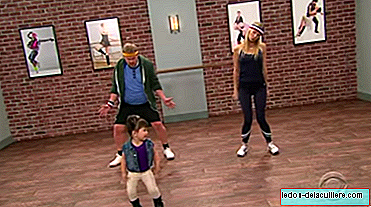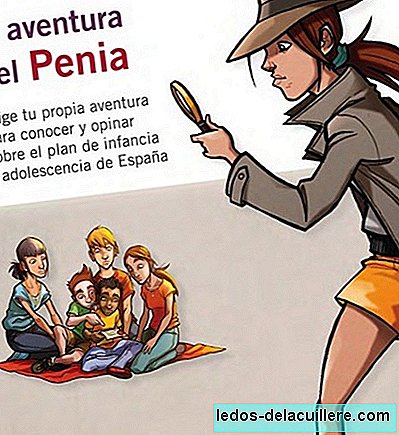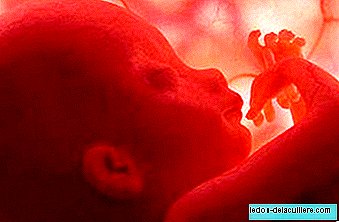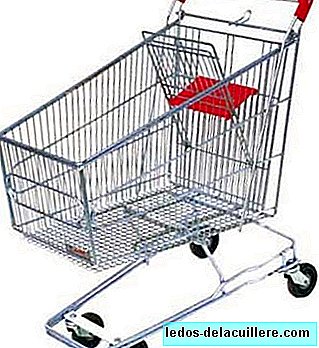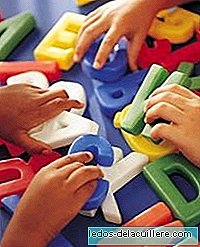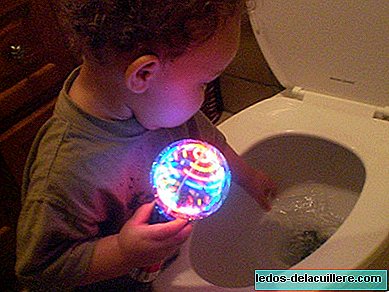
The pharmaceutical company Ferring has launched an informative campaign called 'tips for proper diaper removal in children', which is intended for parents and caregivers, nurseries and schools'.
This action also aims to be of interest to family doctors, pediatricians, urologists and pediatric nephrologists, nurses and assistants, with the objective publicize the correct diaper removal guidelines that avoid problems in the child's future.
According to Dr. Carlos Miguelez, Pediatric Urologist of the Santa Elena Clinic of Malaga and the Institute of Child Incontinence, and one of the architects of the campaign, “there are a number of general principles that can guide us when it comes to removing the diaper but not a fixed norm because each child is different, even in the same family" The removal of the diaper in children is very important for both current and future development because an incorrect withdrawal of the diaper can cause infections, bad urination habits, and even a future enuresis when the problem persists beyond 5 years.
In general, the diaper usually withdraws during the day between 2 and 3 years of age and at night about 2 to 6 months later, that is 2.5 to 3.5 years. For experts, summer is the best time to try it, because it is less cold, the child can be without diapers more comfortably and safely. If it is not achieved in the summer of the 2 to 3 years of the child, it is better to leave it until the following summer.
You should look for a WC adapted to the child with a platform to get it right or a fun and attractive urinal. In the case of girls, circumference reducers must also be used. All this to avoid that children are afraid of going to the WC are uncomfortable or unstable In any case never take shameful or punitive actions because it is much more effective to resort to positive emotional strategies, always with love, understanding and much patience
For Dr. Miguelez, the consequences of a bad or inadequate diaper removal are “in the first place that the objective of removing it is not achieved,” although there are more important negative consequences.
Among these is the fear of going to the WC, dysinergia or lack of relaxation of the pelvic floor during urination, urinating with choppy and incompletely jet, leaving residual urine in the bladder, retentionism or urinating less than four times a day, leaks for enduring the urge to urinate more than is due and, in general, bad urination habits with postures that prevent a relaxed urination that can cause pathologies that favor urine infections. Improper diaper removal also causes persistent involuntary urination during sleep or bedwetting that, after 5 years, requires personalized treatment.
The diaper removal campaign, sponsored by Ferring, has been launched throughout Spain, and is supported by informational material that is available to parents in health centers, pediatric consultations, etc.
It seems that experts agree that 'in case of persistence of night escapes beyond five years, and if the child wets the bed more than four times a month, the pediatrician should be consulted to diagnose a possible enuresis. This disorder can remain in a 'monosymptomatic enuresis' (you only have the problem at night) or on the contrary be a 'enuretic syndrome' (wetting the bed can be associated with symptoms during the day, incontinence or urinary infections).
The consequences of not diagnosing an Enuretic Syndrome are important and quite harmful to health, so the child needs a complete study and specialized treatment
Monosymptomatic nocturnal enuresis is more frequent and less complicated. It is estimated that in Spain it affects 15% at 5 years, 10% at 7 years, 5% at 10 and 1% at 15 years.
The effects that this type of enuresis can produce are the decrease of the quality of life, by decrease of collective activities, of personal type, also decrease of the self-esteem and increase of feeling of shame. Depending on each case and the time of evolution, complexes can develop and even reduce school performance.
I like the campaign because it deals with a certain naturalness the issue of diaper removal in babies. I consider it part of children's development, from a point of view in which the evolutionary moment of each one prevails. In other words, it is more important as parents to be attentive to the signals of the children (which indicate that they are already prepared) before being obsessed because they are two years old and summer has come ... this combination of factors sometimes drives us to 'force' that the Kids pee out of the diaper.
It is true that many times we get carried away by the environment, or we are conditioned by nurseries and schools. But it is the children who 'leave the diaper', if we know how to wait for the moment, the ones who know the most about how and when it will happen are themselves.


